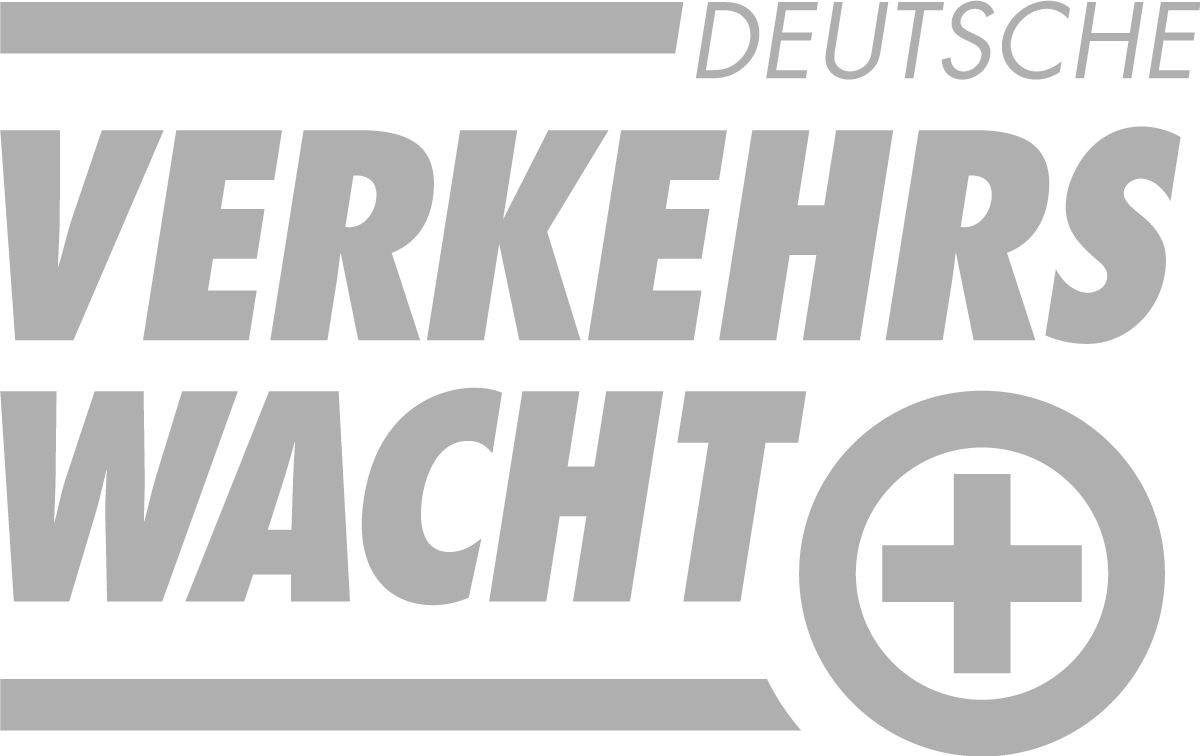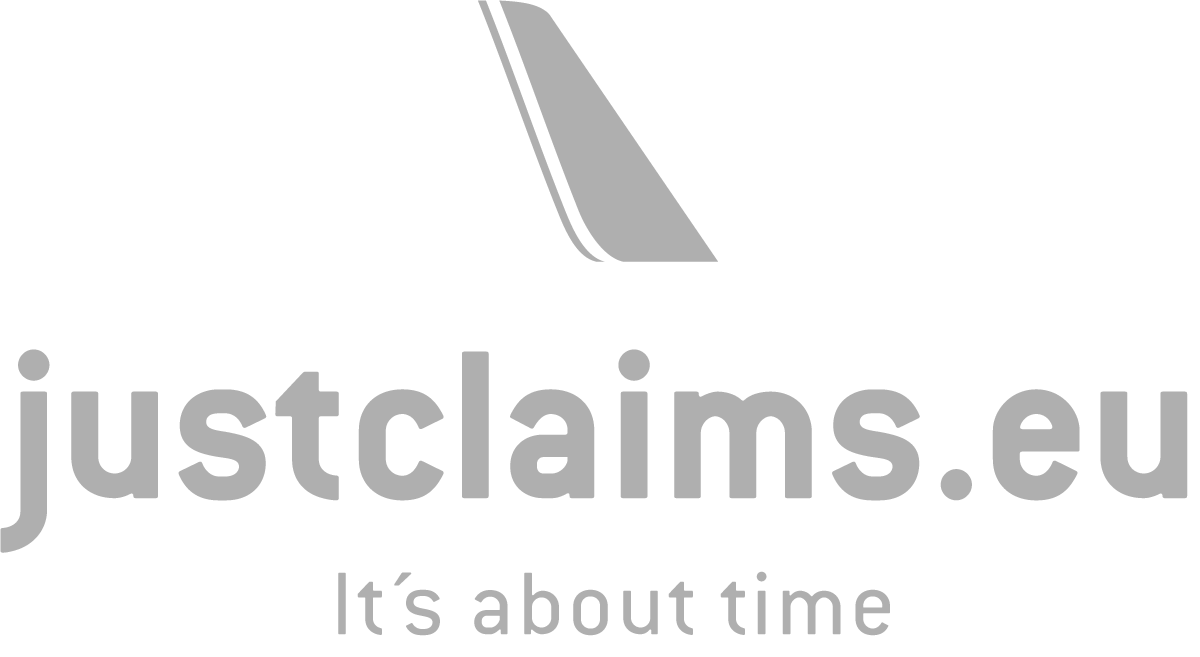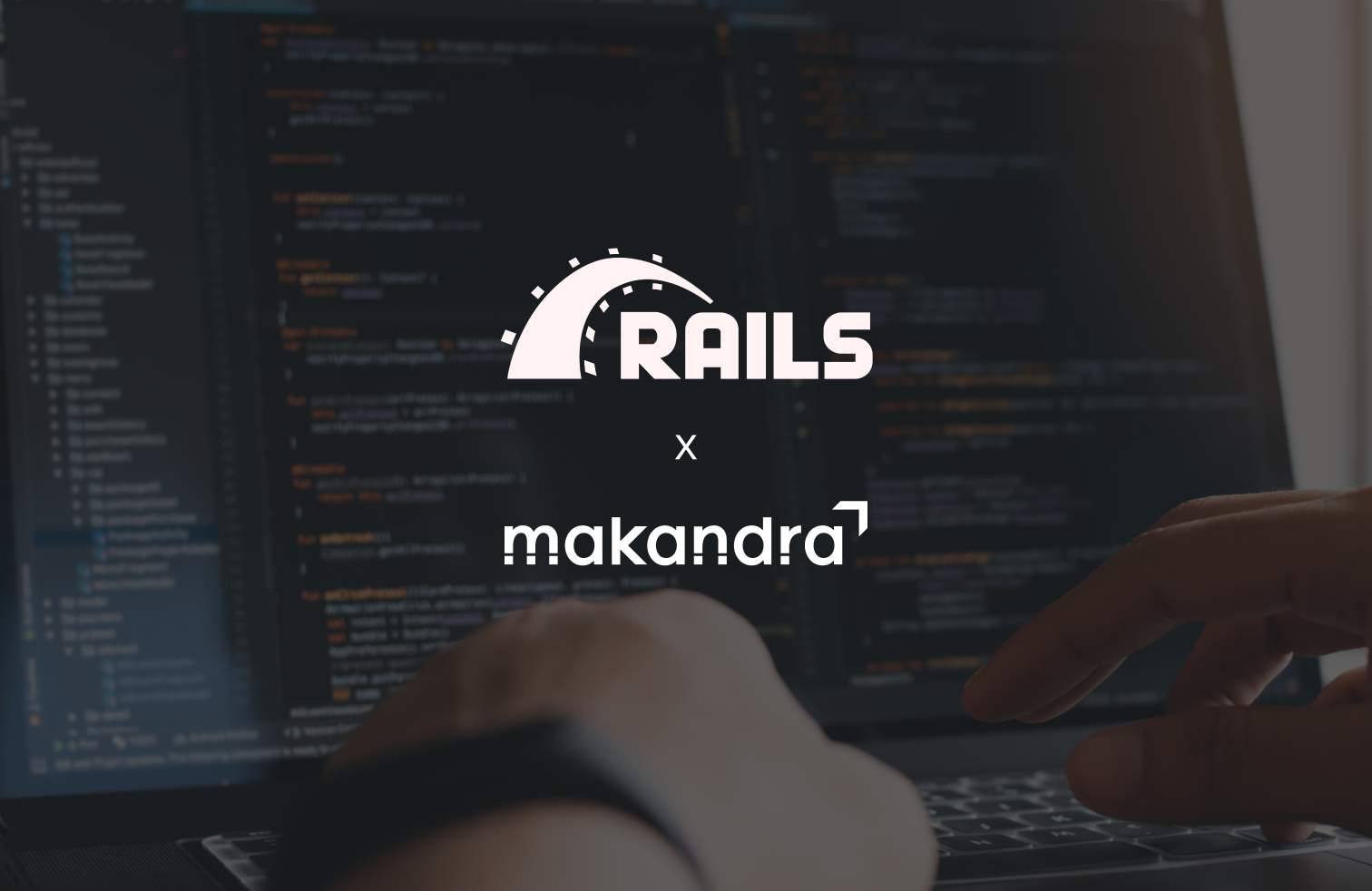Your Ruby on Rails agency
For over 15 years, we’ve built Rails applications. This deep dedication ensures we’re not generalists, but Rails specialists delivering efficient, reliable Rails-based software.

Ruby on Rails specialists
With more than 200 successful projects under our belt, we support companies of all sizes with their Rails applications. We are the creators of Rails LTS and makandra cards and are an active part of the Ruby on Rails community. Among others, we maintain popular Ruby libraries like active_type, Spreewald, and Consul. When Rails matters, we deliver. You’ve come to the right partner.
We develop Rails applications
We build your application’s MVP and establish a strong, maintainable codebase for future growth. An expandable architecture and a stable test setup will get you through the following years of development. As a full-service agency, we are also pleased to support you with hosting, DevOps and UI/UX design.
Rails modernization & training
We teach your team efficient Rails development and test automation, and introduce better development practices where needed.
If requested, we’ll assess the health and viability of your current architecture and processes, and help you improve them. And if your Rails project is on fire, call us in to get it back on track.
Long-term safety & maintenance
With Rails LTS, we ensure that your application remains secure and up to date even after official support ends—through fast, reliable security updates. With Rails LTS Active Maintenance , we also take care of your application on an ongoing basis for a fixed monthly price.



















makandra got our product on the road in 8 weeks and helped train our developers. This allowed us to launch months earlier.
Our Rails services at a glance

makandra are the sharpest team of Rails developers I've worked with in my career. I was very impressed how they jumped into an old, hairy codebase and were able to immediately start improving our testing and reliability, without much management from us. The business value we received was off the charts.
How we work with Ruby on Rails
- Architecture
We have had experience with monolithic applications and microservice architectures in the past and know the advantages and disadvantages of both approaches. For small teams and medium-sized projects, we consider a well-structured monolith to be easier to maintain and operate than a collection of microservices. Large teams and projects have other trade-offs. - Databases
For data storage, we always use relational databases such as PostgreSQL or MySQL, which we operate in fault-tolerant clusters. We know exactly how these systems behave under load. If additional requirements arise for which relational databases are not the right tools, we use other technologies such as Redis or Elasticsearch. - Collaboration
Our developers can always fit into existing processes in your organisation. However, if you don't have a preference, we use our own Kanban-like process. We develop new features in feature branches. Implementations go through a code review before finding their way into the code base. - Testing
We believe 100% in the economic necessity of automated software testing. For full-stack integration tests, we drive a real browser with Capybara and Selenium. For unit tests we use RSpec (Ruby) and Jasmine (JavaScript).
Frequently asked questions about Ruby on Rails
Working with Rails offers many advantages. Rails enables rapid development thanks to a large number of integrated tools and libraries. The "convention over configuration" principle relieves developers of a lot of work and makes the code clearer. A large and active community provides numerous gems and resources. Rails applications are easily scalable to meet growing requirements. Rails also promotes test-driven development (TDD), which leads to more robust and reliable applications. The clear and concise code in Ruby and Rails facilitates the maintenance and further development of projects. Finally, Rails offers many built-in security features that help to avoid common security vulnerabilities.
We at makandra attach great importance to test-driven development and maintainable code and have therefore relied on Ruby on Rails since the company was founded. Since all employees work with Rails on a daily basis, they are experts in this field. Our employees are never confronted with an unfamiliar programming language in projects. If a team member is absent due to vacation or illness, the customer will not notice, as someone from the team can easily step in. The uniform use of the same programming language and the same framework also promotes knowledge transfer.
The maturity level of a web framework can often be determined by how long it has been in use. If a framework such as Ruby on Rails has been used extensively and by a strong community for more than 20 years, many challenges have usually already been solved with it. Rails therefore offers a stable and high-quality solution. Many new and supposedly innovative web frameworks have not yet reached this level of maturity and therefore pose a greater risk in terms of susceptibility to errors and longevity.
Ruby on Rails is behind some well-known web applications. Among others, GitHub, Airbnb, Shopify, Basecamp, Hulu or Twitch are developed with Ruby on Rails.
Tests play a central role in Ruby on Rails, as the framework relies heavily on test-driven development (TDD). Tests help to ensure the functionality and reliability of applications, detect and correct errors at an early stage and keep the code maintainable and expandable in the long term. Rails offers integrated tools and libraries such as RSpec and Minitest, which facilitate and promote the writing and execution of tests.




